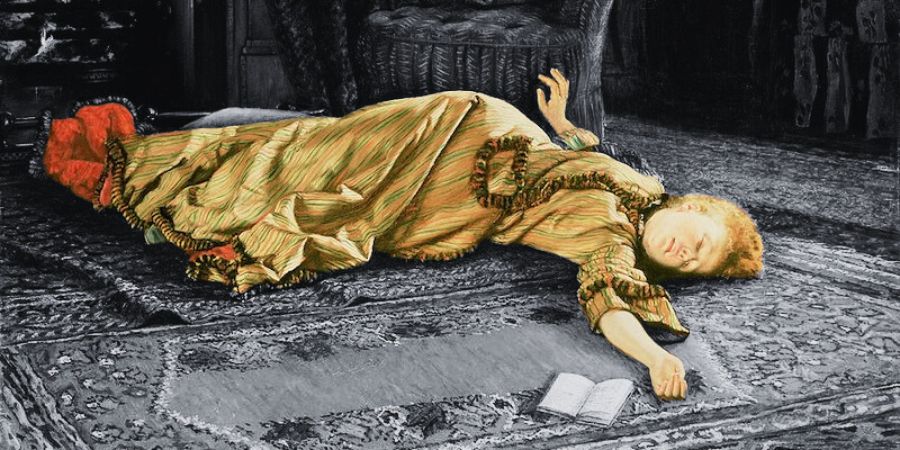Saw in pocket

 lithub.com
lithub.com

The Lights Don’t Just Go Out: A Lifelong Fainter on How Fiction Gets Fainting All Wrong
My five-year-old and I were reading Charlotte’s Web at bedtime recently when we reached what constituted her—and, presumably, many children’s—first literary fainting episode. It occurs after Wilbur…

